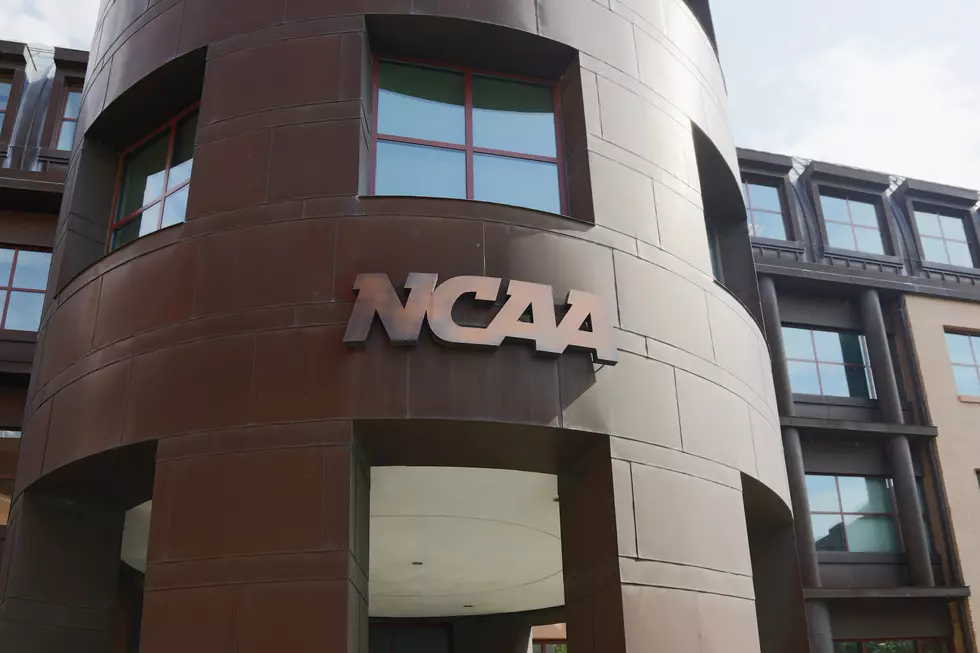
Minnesota Joins Lawsuit Challenging NCAA Transfer Rule

COLUMBUS, Ohio (AP) — The Department of Justice, three more states and the District of Columbia have joined a lawsuit against the NCAA's transfer eligibility rule.
The federal agency signed on to the action, saying in its announcement this week that the NCAA rule on transfers is “an illegal restraint on college athletes' ability to sell their image and likeness and control their education.”
The DOJ said attorneys general from the states of Minnesota, Mississippi, Virginia, and the District of Columbia have also signed on to the suit.
“There is strength in numbers,” said Ohio attorney general Dave Yost, who along with six other states, filed the original suit on Dec. 7 in U.S. District Court for the Northern District of West Virginia.
An email from the NCAA to The Associated Press on Friday referred to its last public statement on Dec. 15 and said the organization would have no additional comment at this time.
The states are challenging the NCAA rule that athletes who want to make a second transfer in Division I must wait a year before competing in their sport.
The lawsuit, which alleges the NCAA transfer rule’s waiver process violates federal antitrust law, could have a profound impact on college sports if successful. In court documents, the NCAA has said the plaintiffs “seek to remake collegiate athletics and replace it with a system of perpetual and unchecked free agency.”
On Dec. 13, U.S. District Judge John Preston Bailey in West Virginia issued a temporary restraining order against the NCAA that has since been extended to a preliminary injunction that prohibits the NCAA from enforcing the rule and allowing college athletes to compete without fear of retaliation from the association.
The preliminary injunction will run through at least the end of the 2023-24 academic year, ensuring that winter and spring athletes can complete their seasons free from the rule’s restrictions.
A trial date in the case has yet to be scheduled. Along with Ohio, the other states on the original lawsuit are Colorado, Illinois, New York, North Carolina, Tennessee and West Virginia.
The Minnesota Counties With The Most Bigfoot Sightings
Gallery Credit: Luke Lonien
More From KROC-AM









